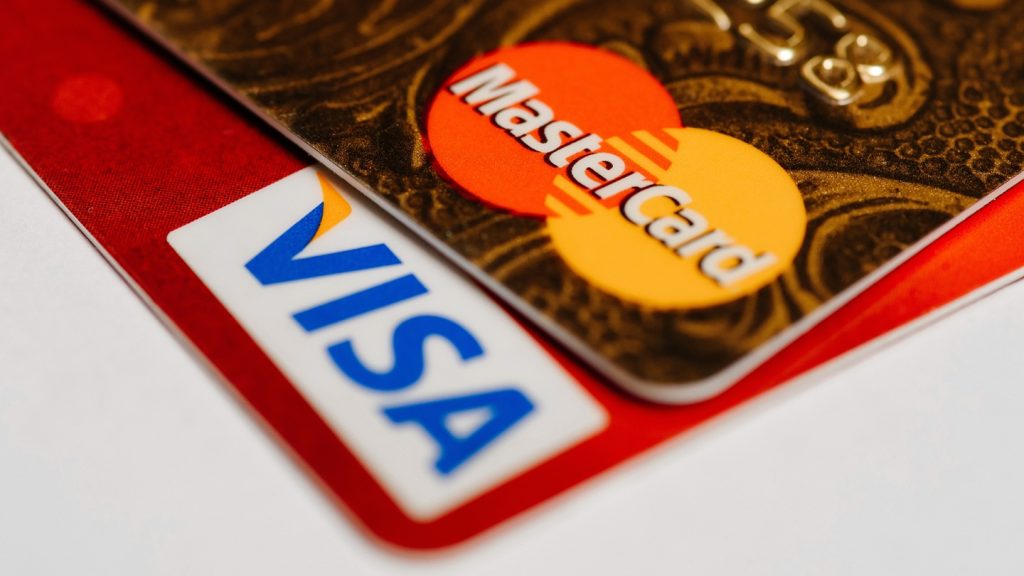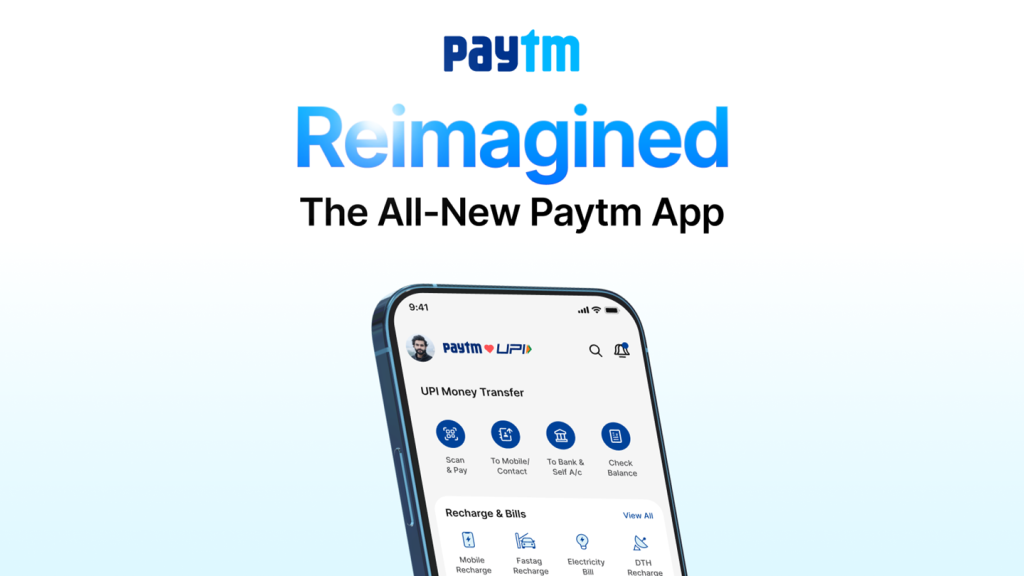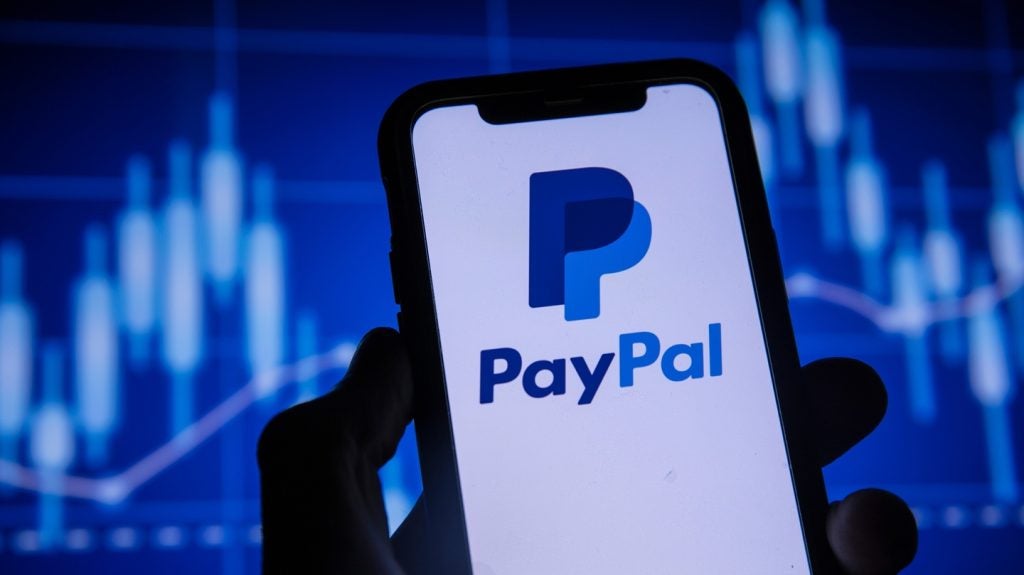Credit bureaus in Nigeria are now well-established, with market leader, CRC, having over 300 data subscribers and users. With consumer demand growing CRC and FICO have started to launch FICO scores to support responsible lending and increase access to credit. By John Hadlow, FICO
One of the pillars of a thriving credit economy is about to come to Nigeria. FICO, the world leader in credit scoring, has entered into a strategic and long-term relationship with Nigeria’s CRC Credit Bureau to provide FICO scores to lenders in Nigeria. This will help grow the credit market and increase access to credit for consumers and businesses.

Access deeper industry intelligence
Experience unmatched clarity with a single platform that combines unique data, AI, and human expertise.
Credit scores’ role in bringing people into the credit mainstream has been well-proven in markets such as Russia and South Africa. FICO began working with South African retailers and lenders as apartheid ended, building predictive models that would assess the credit risk of people who had never before had credit — or the opportunity to get it. Retailers such as Truworths used credit scoring to help consumers buy major appliances and furniture on credit. The first FICO Score in the market, EMPIRICA, was made available in 1997 at Information Trust Corporation (TransUnion), to members of South Africa’s Consumer Credit Association. Today, South Africa’s use of scoring and predictive analytics is regarded as world-class.
How will this work in Nigeria? In this article, I will review the opportunities as well as the approach FICO and CRC are taking to advance the credit market in Africa’s largest economy.
A changing market
With a 2014 GDP estimated at $1trn at Purchasing Power Parity (PPP), and a GDP real growth rate of 7%, Nigeria comfortably eclipses South Africa, Africa’s nearest economy in size. It’s also the most populous country on the continent, with nearly
180 million people, 60% of whom are under 25 years old. GDP per capita terms is $6,100, only about half that of South Africa, but this figure is growing.
But while Nigeria has a large population, its infrastructure and credit markets are relatively underdeveloped. That too is starting to change. Credit – in particular consumer and SME credit – is widely recognised as a key factor in improving consumer wealth.

US Tariffs are shifting - will you react or anticipate?
Don’t let policy changes catch you off guard. Stay proactive with real-time data and expert analysis.
By GlobalDataA large portion of the adult population is still not banked. According to Enhancing Financial Innovation & Access, a financial sector development organisation that promotes financial inclusion in Nigeria, only about 26.6 million adults are banked in Nigeria, and 35 million are financially excluded. The survey also revealed a further 23 million adults save money at home, feeding the informal sector. So there’s clear room for growth from the existing adult population, if the trust and infrastructure is there to support it.
There are also signs that the consumer demand is there waiting to be fulfilled. Nigeria has the highest number of internet users in Africa today. From 2011 to 2012, the number of users increased from 46 million to 55 million, an increase of 19%. Internet purchases helped drive the number of cards in circulation from 25 million in 2008 to nearly 45 million in 2012. That growth is expected to continue to over 61 million by 2017.
Adding further weight to the positive trend is the sharp increase in mobile media. There were estimated to be five million smartphones in use in 2012. Firm figures are hard to come by, but a major distributor of the devices claimed that 10 million smartphones were sold in Nigeria in 2013, and many experts say Nigerians have 15-20 million smartphones now, and will have 30-40 million in use by the end of the year.
The strong growth in web enablement, enabling channels and, most importantly, an increased confidence in funding credit markets has set up Nigeria for a sharp increase in credit. The infrastructure to support this growth needs to be ready, so that an accompanying increase in delinquency and defaults is properly controlled and managed.
This is almost inevitable in a fast-rising credit market – for example, FICO has seen a sharp increase in delinquencies over the past three years in Russia, as lenders there moved from home and auto lending into credit cards.
The FICO Credit Health Index in Russia, based on delinquencies reported to the major credit bureau, NBKI, has fallen from a high in January 2012, when 7% of accounts were delinquent, to a seven-year low, with 14% of accounts delinquent.
Making more credit available to the highly underleveraged Nigerian consumer and corporate markets is one of the keys to unlocking the potential of this populous and growing market, where there is clear real demand and capacity to absorb more credit.
The strong recovery after the 2009 crisis resulted in total corporate and household credit issued of a modest $96bn in 2012, according to Lafferty Cards. Nigerian consumers and companies are highly underleveraged compared to other African markets. Consumer loans were only about $7bn of that total in 2012 (less than 1% of GDP at PPP), compared to $19bn in Egypt (about 2% of GDP), $140bn in Turkey (10% of GDP) and $290bn in South Africa (40% of GDP).
It is claimed that about 70% of loans in Nigeria are granted through intra-family lending. Some 93% of Nigerians could not access a loan in 2012 according the Central Bank of Nigeria.
Infrastructure issues
Credit bureaus in Nigeria are now well-established. The market leader, CRC, has well over 300 data subscribers and users. However, the fragmented consumer and commercial borrower user base — and in particular the small number of credit lines per borrower — has limited the potential value of such infrastructure. Growth in consumer demand is beginning to change this. Anticipating this change, CRC and FICO have started to launch FICO scores to support responsible lending and increase access to credit.
However, there remain issues to be addressed in the shorter term. The absence of a reliable national identity scheme, or a suitable substitute like a social security number, has led to the Nigerian banking industry using payment cards as a proxy for identity cards and vice versa. However, the on-going implementation of the Bank Verification Number (BVN), which is a unique means of identification for all bank customers, should resolve the challenge of unique identification in the financial system. Nonetheless, welfare payments and the issuance of MasterCards to support them are targeting initially 13 million people, but more importantly are introducing many Nigerians to the banking system for the first time. Piloted in South Africa, this type of new initiative can provide one of the catalysts required for the development of the market and an alternative way to establish infrastructure more quickly.
As the Nigerian government keeps providing the necessary environment for moving towards a cashless society in the long term, these small but important steps for specific emerging groups, coupled with strong growth in smartphones and the internet channel, add weight to the argument that Nigeria is poised for strong credit growth.
Banks continue to invest in technology, but remain hindered by unreliable power, telecommunications issues and a shortage of necessary know-how, which are practical challenges to banks wishing to deliver anything like the level of customer support enjoyed in developed economies.
Against this background, the credit bureau can provide some level of outsourced services to help lenders deliver reliable, accurate decision support and risk management — providing the confidence is there, as well as funding.
CRC was originally established by nine Nigerian banks in partnership with D&B. Accenture, with the International Finance Corporation (IFC), the private sector arm of the World Bank, supporting the establishment of the bureau with technical and advisory services. Today, CRC receives consumer loan and repayment information from more than 95% of Nigerian lenders. After a period of market assessment and discussion lasting two years, FICO and CRC jointly decided that the time was right to launch FICO Scores in Nigeria.
Consumer and SME credit scoring in Nigeria
FICO and CRC plan to launch FICO Scores to lenders in Nigeria during the third quarter of 2015. The initial focus is to develop and install the Global FICO Score to support credit decision for those consumers who have had some sort of loan in the recent past.
This initial launch will provide greater precision in assessing risk for the more developed populations. The score will rank-order consumers by their likelihood of becoming delinquent. With better ability to identify consumers’ credit risk, banks can provide better rates for lower-risk consumers. The improved quality of portfolio should help banks and investors gain confidence unlocking further dispensation of capital.
Soon afterwards, CRC and FICO will introduce scores to support credit risk assessment of consumers who have no credit history, using the technology behind the FICO Expansion Score. FICO will develop these scores using our experience in other emerging economies, combined with CRC’s local experience. These scores will enable lenders to give increased access to credit for consumers while making prudent, responsible lending decisions. The additional insight and reliable technology will bring a precision and insight to the Nigerian market that has not been previously available.
Although consumer lending is at a relatively low level today, it is growing quickly. Corporate lending, however, is also at a modest level and there is very little in the way of decision insight available to lenders or investors. A major issue is the absence of substantial amounts of data reported to credit bureaus, which can enable the creation of strong credit scores.
FICO’s technology and experience with SME lending in other markets can bring some insight into corporate repayment behaviour. However, there’s still a gap between what’s needed to develop precision analytics and the demand by SMEs for more credit.
However, FICO’s research in other markets has shown that business repayment corresponds strongly with the credit risk of the principals. In this respect, the experience gained in lending to mature and new borrowers in Nigeria will provide insight we can use to develop scores specifically for SME credit.
Overall, there’s much to be confident about in the launching of FICO Scores in Nigeria. While FICO and CRC are naturally cautious about the potential speed of deployment and market growth, there can be little doubt that the strong consumer demand, increasing levels of confidence, improving infrastructure and new technology will enable the establishment of a new level of growth in consumer lending in Nigeria.
While the focus here is on the use of scores for credit origination, scores also play an important part in risk management decisions across the credit life cycle. To this end, FICO is also working with other leading infrastructure providers, such as the card processor EMP, which processes most credit and debit cards in Nigeria that are not processed in the banks themselves. This will help kick-start scores consumption and promote better decisions in areas such as cross-selling, credit line changes and authorisations
So far we have focused on traditional credit scoring, based on credit bureau data. However, as a new market with a developing infrastructure, Nigeria has the opportunity to leap-frog mature markets in its use of credit scoring technology. After all, credit scoring has come a long way since it was introduced in the US market by FICO founders Bill Fair and Earl Isaac in the early 1960s, and even in the 25 years since the company introduced the first FICO Score in the US.
At the World Consumer Credit Reporting Conference held in Dubai last October, FICO gave insights into the new technologies it is developing and launching which can help markets like Nigeria leverage non-traditional data to make good lending decisions earlier than would hitherto have been possible. FICO’s Dr Gerald Fahner discussed “Three Practical Approaches to Effective and Transparent Modelling with Big Data.” For a market like Nigeria, with its challenges in infrastructure, data availability and specific local repayment behaviours, these new technologies could potentially help accelerate the use of precision analytics in lending decisions.
Dr Fahner outlined these three technologies:
Machine learning models, combined with strong domain expertise, to evaluate quickly the predictive power of novel data sources, and to build powerful, palatable scorecards using hitherto undiscovered relationships in the data.
Analysing both structured traditional data (for example, credit bureau and bank data) and unstructured data (social data, call centre and other unstructured sources), with the consumer’s consent, to give another level of consumer insight which is not reliant on typical financial services data sources.
Prescriptive analytics, in particular so-called ‘action-effect’ models, which can be used with predictive analytics to improve lending decisions. Prescriptive analytics go beyond risk assessment to assess consumer sensitivities towards credit offerings and to match the optimal offer to each consumer.
None of these new techniques will replace traditional scoring technology. But by coupling well-proven techniques with new technologies and the rapid adoption of channels like internet and smartphones, we may be able to accelerate credit growth in a sound and responsible manner.
Today, the amount of credit issued in Nigeria is small at a mere $7.29bn, according to Lafferty Cards and Consumer Finance. However, with a compound annual growth rate of 35.4%, higher than any other comparable market in Africa, and structural reforms to promote greater bank intermediation, regional experts are expecting credit flows to increase rapidly, delivering value to the underleveraged real economy.
FICO and CRC have modest projections for the initial adoption of the scores, but we expect growth to increase rapidly. We forecast that within five years Nigeria will become the second-largest credit market in Africa, after South Africa. We’re excited to play a part in this transformation and the growth of the Nigerian economy, as well as the improvement in the financial lives of millions of Nigerians.
John Hadlow is a senior partner for scores and analytics at FICO







